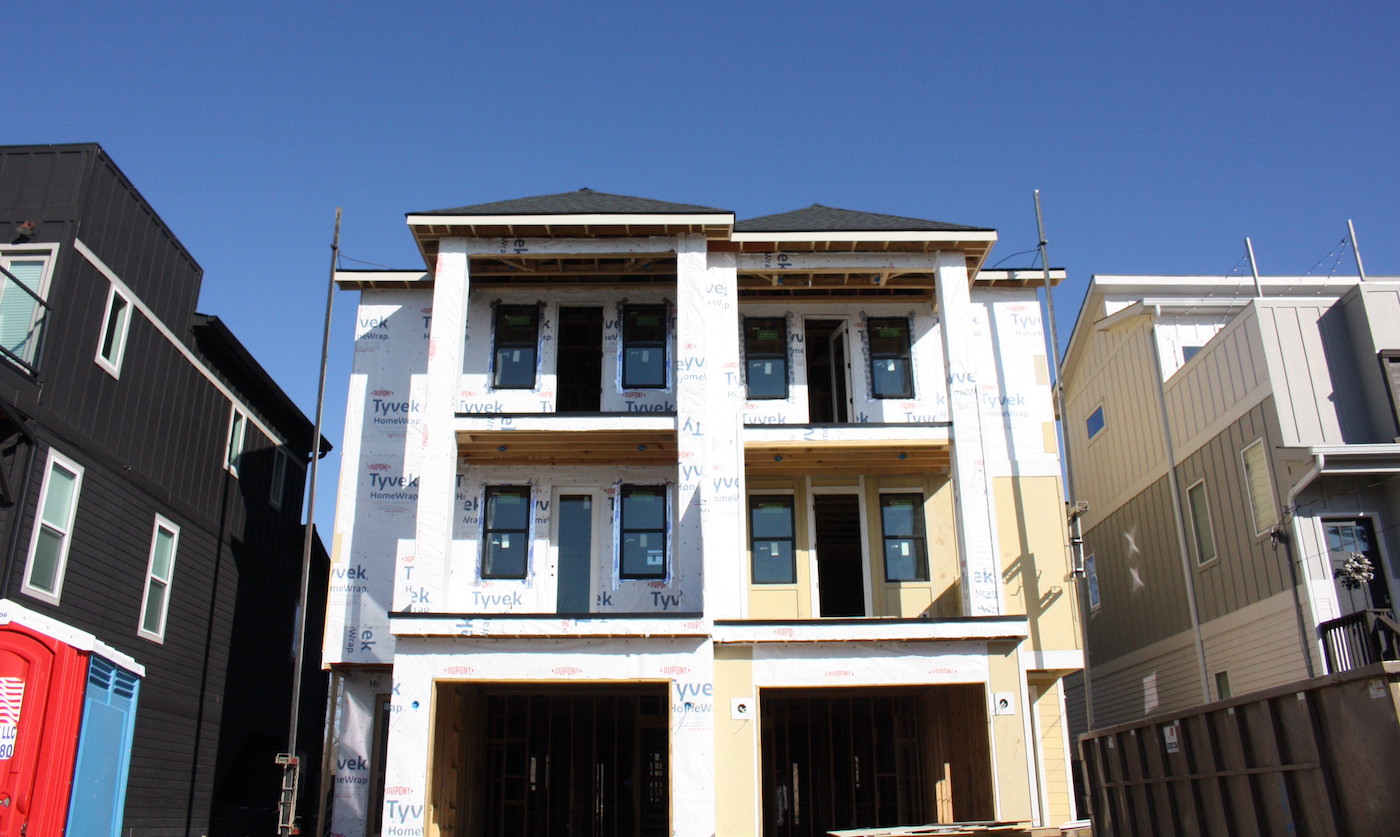CodeWarrior
REGISTERED
The state of Tennessee is considering a bill that will prevent updating the energy codes, freezing them at the 2018 levels. This is proceeding despite the fact that Tennessee is the 2nd highest per capita consumer of electricity and and Memphis leads the nation.
Cities that want to update their codes will need state approval.

 wpln.org
wpln.org
Cities that want to update their codes will need state approval.

Building codes affect health and climate. A Tennessee bill would block cities from updating them.
Buildings are the fourth-largest source of climate pollution in the U.S. Many cities are tackling emissions with better energy codes, but a new bill in Tenne
 wpln.org
wpln.org
